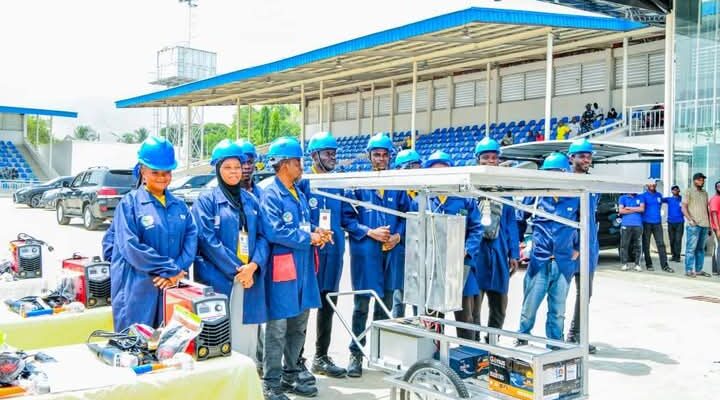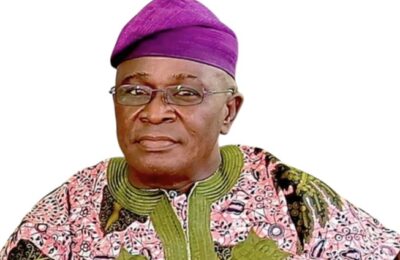There’s a quote by former President of Kenya, Mwai Kibaki, that has stayed with me for years:
“Education is now the most important factor of production. No one, no country can be competitive without massive investment in education.”
Each time I reflect on these words, I am reminded of how true they are — especially in the context of Nigeria and Africa as a whole. The success of any nation in today’s world no longer depends on its natural resources, but on the knowledge, skills, and creativity of its people.
The Changing Face of Education
Education today has gone beyond the pursuit of degrees. It is about what learners can do with what they know. This is why I am deeply passionate about Technical and Vocational Education and Training (TVET) — a system that bridges the gap between learning and earning, knowledge and productivity.
In my work with the National Board for Technical Education (NBTE), I’ve seen firsthand how skills transform lives. Whether it’s a young person mastering a trade, a lecturer earning a Quality Assurance Assessor (QAA) certification, or an institution setting up a Skills Development Centre — these are real steps toward national transformation.
Empowering the Next Generation
Every child deserves a fair chance in life. And that chance begins with access to quality education and practical skills training. Unfortunately, many young people still struggle to find relevance in the job market because their education does not match industry needs.
That’s why initiatives like the Mandatory Skills Qualification (MSQ) and the National Skills Qualifications Framework (NSQF) are critical. They ensure that students graduate not just with certificates, but with the competence and confidence to create, innovate, and compete globally.
From Certificates to Competence
One of the most fulfilling parts of my work has been seeing how a shift in mindset — from “degree acquisition” to “skills application” — can redefine success. Skills are dignity. Skills are opportunity. Skills are the bridge between education and employment.
When we invest in TVET, we invest in human capital. When we empower youth with hands-on skills, we empower the nation to grow sustainably.
A Personal Conviction
I believe Nigeria’s greatest potential lies not beneath the ground, but in the hearts and hands of its people. The more we invest in skills, innovation, and entrepreneurship, the faster we’ll close the gap between aspiration and achievement.
As Mwai Kibaki wisely said,
“We must ensure all our children have access to quality education. This is the only way of giving them a fair chance in life in today’s world.”
For me, that is more than a quote — it is a lifelong conviction.
– Moses Emani Salami writes from Kogi state.




